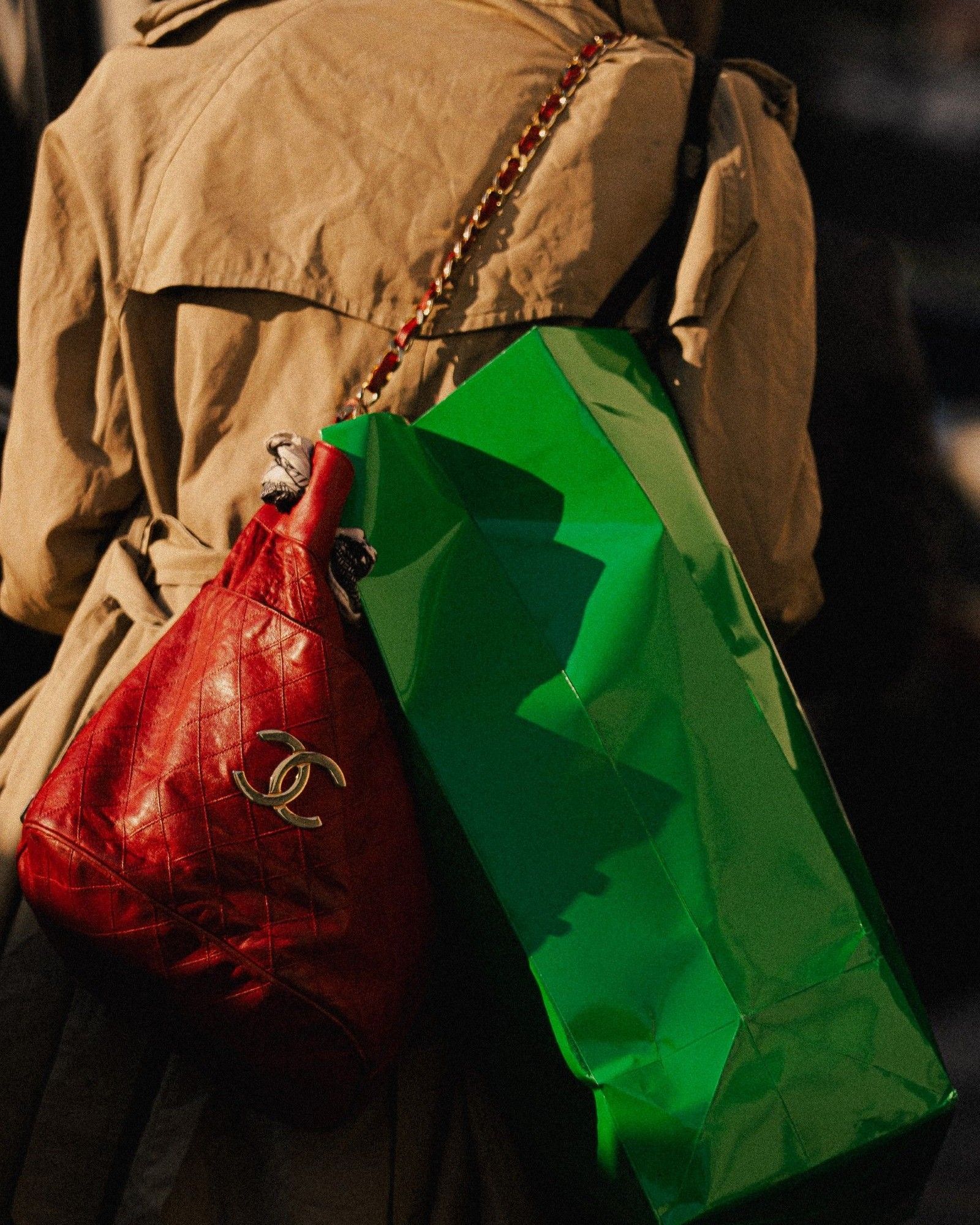
Has resell killed the sneaker culture? The answer in two trends shaping the future of a $6 billion industry
It's no secret that reselling is now an essential component of the sneaker game. The secondary market, which has reached a value of over $6 billion and forecasts of a constant expansion, has caused opposite consequences on the realities and voices that make up the market.
SoleSavy and Imprenditori con le Sneakers are two sides of the same coin. The rush to the latest release, the desperate search for impossible silhouettes, the unprecedented prices reached by certain kicks, have led to the polarization and progressive distancing of two different currents of thought, let's call them that, which both make up the sneaker game: the cultural component and the business, both essential to the success of the industry. On the one hand, the philosophy of SoleSavy wants to revive the most human, convivial and participatory component of the industry, narrating the sneaker game as a real community, in which everyone can buy only one pair of sneakers per release - only for themselves - and where resellers are not allowed. On the other hand, a questionable online course to become a professional reseller relies on a narrative, also supported by traditional media and sensationalist report (those regarding Lidl sneakers are the most recent example), which have corrupted the image but in fact also the essence of the sneaker game, transforming it into a way like any other to make money.
"I think resell has always been an important component in Sneaker Culture. Obviously, today's resell is very different from that of ten or twenty years ago, which in some ways was controlled by a sort of "street code" that everyone respected... I have never been one of those puritans who always condemn the resell as if it were the only evil for collectors and enthusiasts: it's useless to hide behind a finger, sneakers are an expensive passion and I don't think there's anyone always willing to give up a possible gain to "reinvest" by buying something else. However, an important distinction must be made: signing up for dozens of raffles every weekend, hoping for some victory and then selling a shoe or two to StockX is not being a reseller. Today reselling is a serious matter which requires funds and knowledge of the product", Marco Rizzi, editor and collector, explained to nss magazine.
However, the growth of the resell market was amplified and encouraged by a generalized, almost mainstream, interest in the industry. "It can't be denied that part of the popularity gained in recent years by sneakers is linked to an economic aspect, but I don't think that overpaying a shoe to post a photo on social media, and then reselling it as soon as trends change, is Sneaker Cultures. It would be ridiculous to talk about materialism in the world of sneakers, in the end, we are talking about people who buy too many shoes, but for many people who have approached this world in recent years expensive is the same as beautiful and the more a shoe acquires value on the market secondary, the more it is desired. Most likely if and when the sneaker bubble bursts, many will change interest and among resellers, only professionals will continue to earn. So I don't worry too much, in the end, I will still be here to buy more than I should and I can't expect everyone to have the same approach to Sneaker Culture as I do", continued Rizzi.
It can't be denied that none of the major brands in the industry, from adidas to Nike, not only have never openly addressed the issue of reselling - because the benefits and the revenue it guarantees are too many to give up - but actually fuel the secondary market with very limited releases and exclusive drops. Rizzi explains: "The role of brands in all this has always been difficult to decipher, one could condemn the fact that companies are speculating on the growth of reselling, both in terms of production and distribution, but we would be forgetting that the goal of a company is to create profits, not to preserve or promote a subculture. An important contribution from brands could be, for example, to create greater guarantees for final buyers, even if they are not direct, making legit checks easier, perhaps with methods similar to the Certilogo system used by Stone Island".
Perhaps the clearest difference that can be drawn between SoleSavy and Imprenditori con le Sneakers is generational, the result of a different way of intending and living the sneaker game. "I don't think reselling is a plague, but I'm convinced that in recent years we have failed to communicate sneaker culture as, in fact, culture and not as a potential business. Probably the fault is also a general closure of the "old generations" of collectors, which meant that younger people found the economic side more interesting than the cultural side linked to communities and collecting. The buy, sell & trade, as in all areas of collecting, has always played a fundamental role in the world of sneakers, helping to create important ties. Resell is also something that should be approached with seriousness and professionalism, knowing the product that is being sold and the “language” to use with the customers ", continued Rizzi.
So, in 2021, does it still make sense to talk about and to do reselling? "The world of sneakers has never been so exposed to the general public and, consequently, the secondary market connected to it is no longer something submerged, of exclusive interest to those who buy and sell sneakers. Only in recent years, it caused great controversy what I call "sneakereconomics" among professionals also in other sectors. Six years have passed since Josh Luber's speech in which he spoke about a business model related to the sale of sneakers at TED@IBM, but the resale and in general the secondary market for sneakers have existed for decades and only recently they've begun to be taken seriously. The numbers relating to the secondary market for sneakers are enormous and it would be impossible not to discuss them. As for the "doing", well, it seems that there have never been so many potential customers but this doesn't mean that the world of sneakers is the Far West and that everyone has to try, maybe it would be better to leave these things to those who know how to do it", concluded Rizzi.




























































